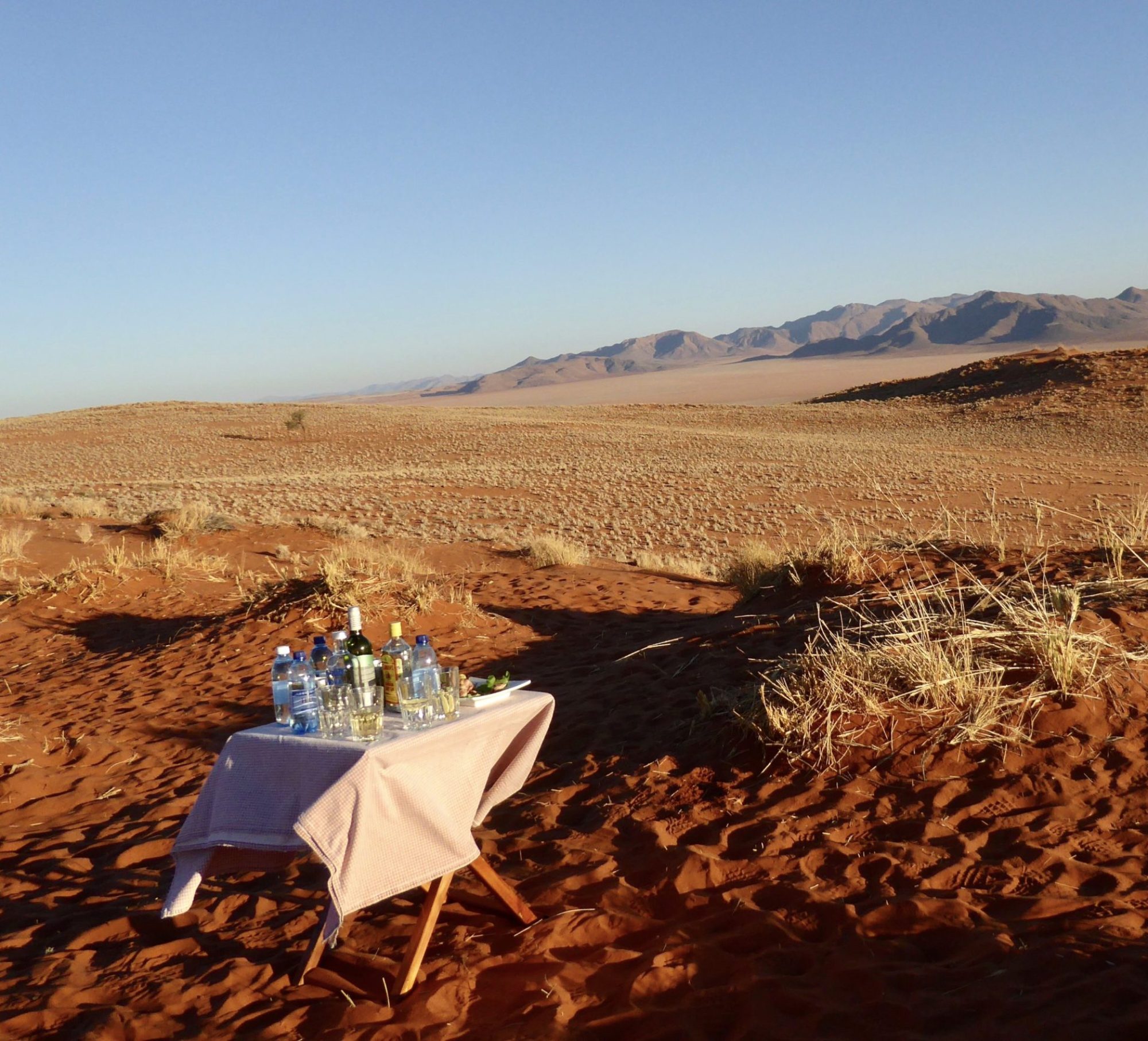
I recently returned from an extraordinary 2,200-mile research trip that took me through 9 states and at least four centuries. For the past 11 months, I’ve been reading books, journal articles, maps, and memoirs in preparation for my next essay, which centers on conflict, competition, and racial identity formation in mid-18th century Pennsylvania. I had an opportunity to see the landscapes I had been reading about for nearly a year: Easton, Bethlehem, Lancaster, Carlisle, and Burnt Cabins. I got to grapple with the strange topography of the Allegheny Mountains and imagine the paths along which Lenape warriors traveled from Kitanning to what is now Selinsgrove, Pennsylvania. The trip helped me make sense of the contours of the Upper Ohio River Valley. And Pittsburgh, that critical site in the French and Indian War, was much more than I’d ever imagined it to be.
The trip’s detours were just as enriching as its primary destinations. Washington, Pennsylvania, spurred my imagination, as did towns like Sugar Creek, Ohio, or Horse Heads, New York. All were related to either the current essay or others I’m planning. But one stop was completely unexpected, and it has already launched me on another intellectual journey through the American past. By happenstance, I ended up in Portsmouth, Rhode Island, a town founded in the 1630s by Anne Hutchinson and her followers after she was banished from Massachusetts. As soon as I arrived in Rhode Island, I borrowed a digital copy of Eve LaPLante’s astonishingly clear and fluid biography of Hutchinson entitled “American Jezebel” from the library. The same library just alerted me that they’ve put the latest biography of Roger Williams on hold.
I don’t plan on sitting down to write the Pennsylvania essay until at least October. All the reading is done. And the notes I took on the trip put me over the research finish line. But I have other obligations and some more travel in the next two months. Meanwhile, Rhode Island has already set me on a new—not entirely unrelated—course. Since I returned from the trip, I’ve started reading historian Brad S. Gregory and the late Polish sociologist Zygmunt Bauman. I’ve also had the pleasure of discovering the work of military historian John Shy and the late Southern literary scholar Lewis P. Simpson. The reading list is growing. I wish I had three or four clear, consecutive months in which to write now. But first things first.

